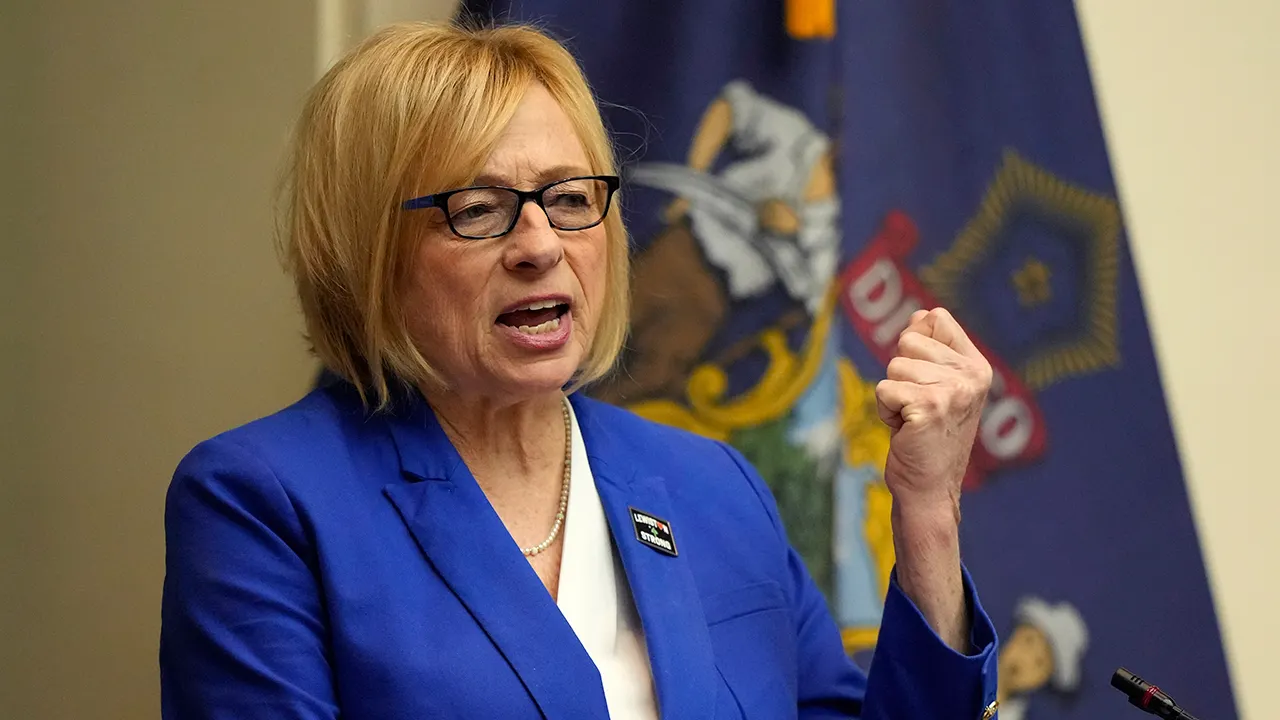Sports
Maine Gov. suggests Trump will target based on race, religion after Title IX investigation over trans athletes

Political Clash Over Trans Athletes in Sports
The issue of trans athletes participating in girls’ sports has sparked a significant political clash between Maine Governor Janet Mills and President Donald Trump. Governor Mills has vehemently opposed Trump’s executive order, which aims to ban trans athletes from competing in women’s sports. Mills argues that this order is an overreach of federal authority and sets a dangerous precedent for targeting other groups based on race or religion. She emphasizes that the rule of law is fundamental and that no president should dictate compliance through coercion, such as withholding federal funds. Mills has made it clear that Maine will defend its position in court, asserting that the issue is not merely about sports but about upholding constitutional principles.
Legal and Financial Implications
The U.S. Department of Education has launched an investigation into Maine for potential Title IX violations, joining other states like California and Minnesota. Title IX ensures non-discrimination in federally funded education programs, and the DOE’s investigation could impact Maine’s federal education funding, which amounted to over $360 million in the 2021-22 fiscal year. Governor Mills has threatened legal action if funds are withheld, arguing that such an action would be unconstitutional. She maintains that no president can unilaterally dictate state policies, especially when they are compliant with state and federal laws. Mills’ stance highlights the tension between state autonomy and federal authority, setting the stage for a potential legal showdown.
Incident Involving Trans Athlete
A recent incident in Maine has brought the issue to the forefront. A trans athlete, Katie Spencer, won a pole-vaulting competition, outperforming all other competitors and securing a spot in regional championships. This victory has sparked debate and criticism, with some arguing that it’s unfair to cisgender female athletes. Spencer’s success has been cited by opponents of trans participation in women’s sports, reigniting the controversy. This incident underscores the emotional and complex nature of the issue, with implications beyond sports, touching on broader societal attitudes toward gender identity.
Responses from Other States and the Federal Government
Maine is not alone in this debate, as other states like Wisconsin have banned trans athletes from girls’ sports in compliance with Trump’s order. The White House has defended Trump’s actions, with Press Secretary Karoline Leavitt stating that the president’s executive actions are lawful and aimed at fulfilling campaign promises. Leavitt emphasized that the administration is prepared to defend these actions in court, confident in their legal standing. This posture suggests a broader federal strategy to influence state policies, potentially leading to more widespread legal battles.
Reactions from Athletes and Advocacy Groups
The debate has elicited strong reactions from various stakeholders. Some female athletes, like Zoe, have expressed gratitude for Trump’s intervention, feeling that their opportunities are being threatened by trans athletes. They argue that state leaders have failed to protect women’s sports and that repercussions are necessary. On the other hand, advocacy groups and supporters of trans rights view the bans as discriminatory, asserting that inclusion and fairness should prevail. The emotional responses from both sides highlight the depth of the issue, with personal stories and experiences shaping public opinion.
Broader Implications for Civil Rights and Federal Authority
The controversy raises significant questions about civil rights, gender identity, and federal versus state authority. Governor Mills fears that targeting trans athletes is a precursor to broader discrimination against other minority groups. This concern resonates with advocates who see the issue as part of a larger struggle for equality. The federal government’s stance, however, reflects a different perspective, prioritizing what it perceives as fairness in sports. As the legal battle unfolds, the outcome will have far-reaching implications for civil rights, federal authority, and the balance of power between states and the federal government. This issue is likely to remain a contentious and evolving chapter in American civil rights history.











